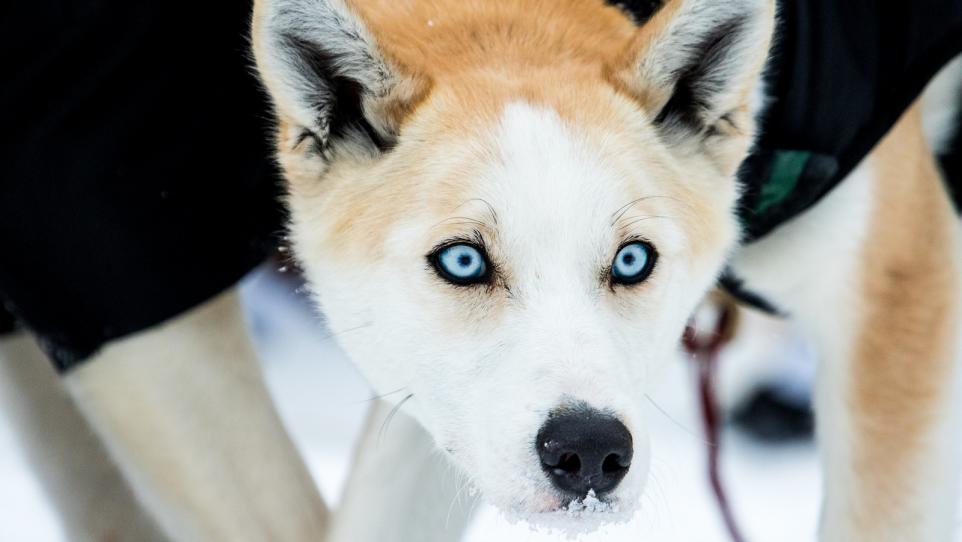
At the top of the world in the Yukon and Alaska wilderness, an incredible winter sports event takes place every February: the Yukon Quest 1,000 Mile International Sled Dog Race. Covering 1,000 miles (1,600 km) between Fairbanks, Alaska and Whitehorse, Yukon, Canada during the depths of winter, the Yukon Quest is known for excellence in canine care and fostering the traditions of northern travel by dog sled.
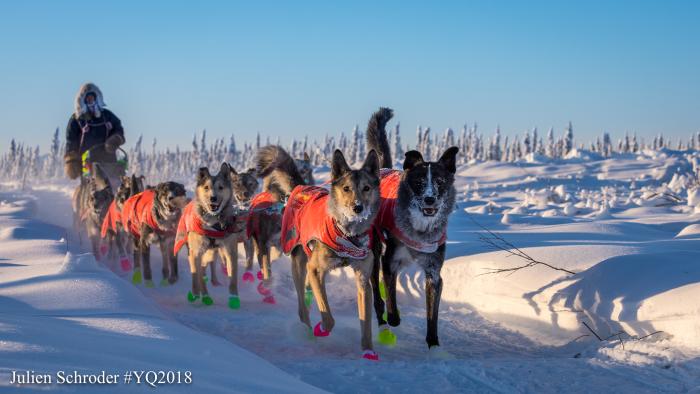
Since its start in 1984, the race alternates the location of the start between downtown Fairbanks and downtown Whitehorse. This year, the race will start in Fairbanks and it’s one of those events that define the community. Thousands of people crowd the banks and bridges along the frozen Chena River creating an exciting, party-like atmosphere where the energy and warmth of the Golden Heart City are truly palpable.
Here’s your guide to all things “Quest” including viewing information for this year’s race.
1. Start time and place
Every other year, the adventure begins the first weekend of February in downtown Fairbanks. On Saturday, February 1, 2020, the start line is located directly behind the Morris Thompson Cultural and Visitors Center (101 Dunkel St.). In 2019, the race started in Whitehorse, Yukon Territories, Canada.
The first 14-dog team leaves the chute with much fanfare and excitement and the rest of the 25 teams will leave in three-minute intervals from that point. Dress warm, come early and be there to cheer on the dogs and their mushers as they begin their 1,000-mile journey.
And, the fun doesn't end when the last Yukon Quest 1000-mile team leaves Fairbanks. Seventeen teams are slated for the Yukon Quest 300, a race to Circle City, Alaska, and leaves the starting line downtown starting later the same afternoon.
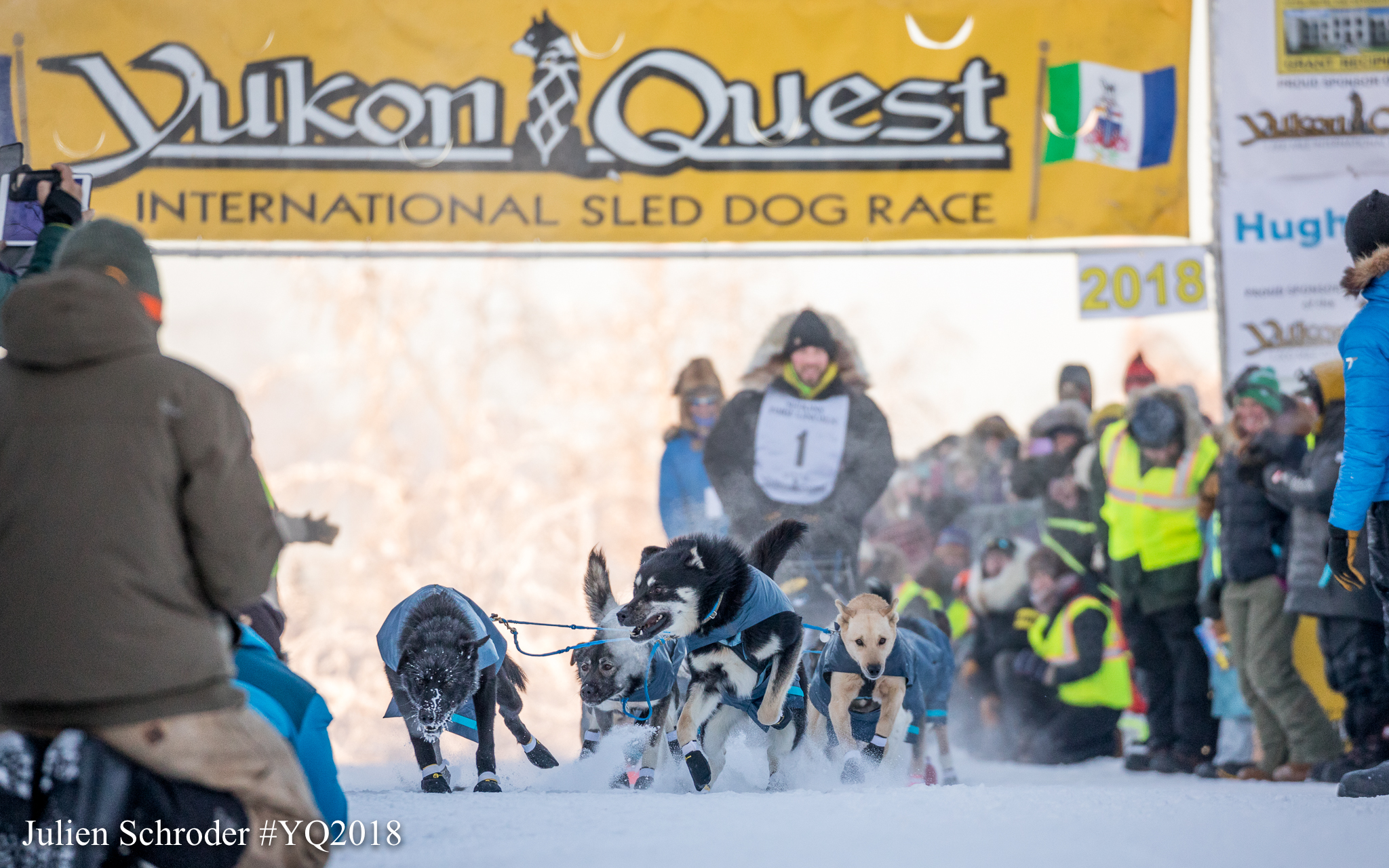
2. The race ends in Whitehorse about 9 days later, sometimes faster!
The Yukon Quest race starts on schedule regardless of weather and usually lasts from 9 to 16 days until the final dog team arrives at the finish line.
- The fastest Quest finisher was Allen Moore with a time of 8 days, 14 hours, 21 minutes in 2014 with his lead dog Quito.
- The slowest Quest finish was in 1986 with musher Bruce Johnson feeling the challenge. He was awarded the annual red lantern award (for being the final musher across the finish line) with a time of 14 days, 9 hours and 17 minutes.
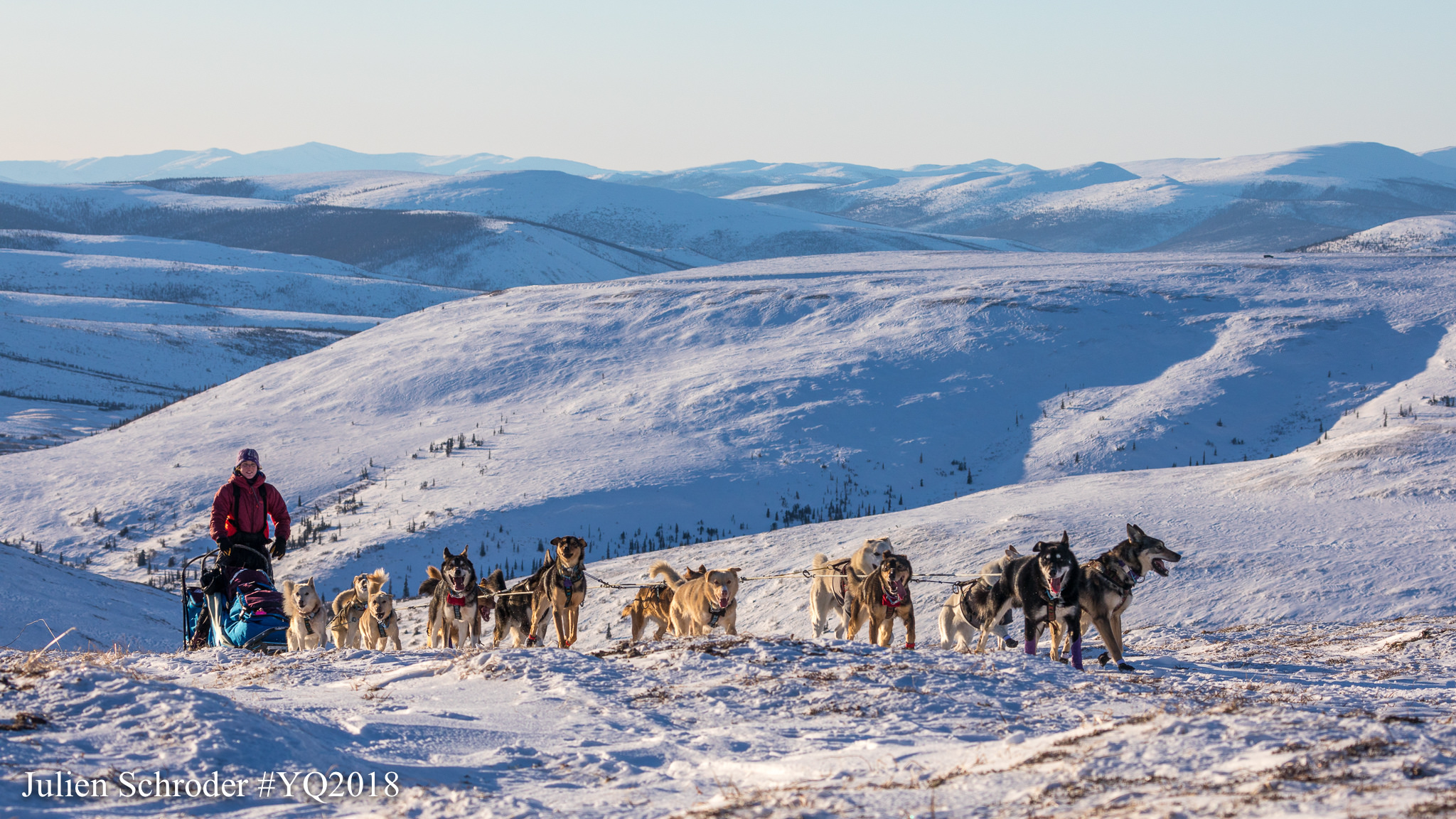
3. Track the teams in real-time during the race
As a spectator, the most addicting thing is to track the race in real time. Trackleaders.com and Yukon Quest collaborate to provide GPS trackers that the mushers wear. We'll share the link to the race tracker closer to race time and keep the link handy – you’ll want to get in on the frenzy! Until then, here's the recap of last year.
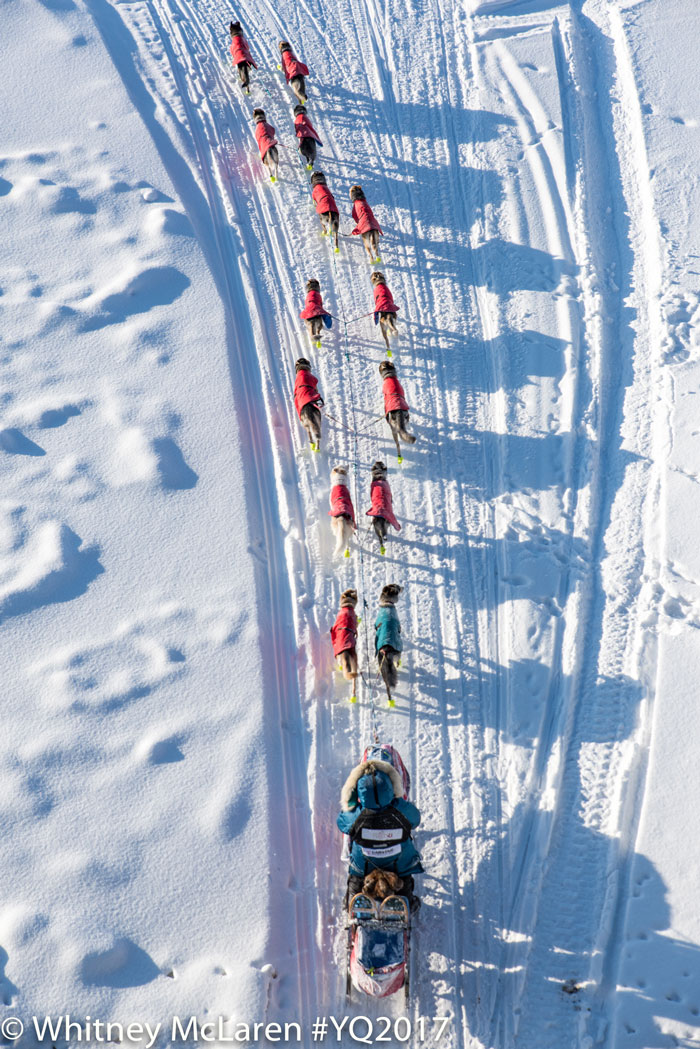
4. Sled dogs are serious athletes (& the heart and soul of this race)
When you see sled dogs race, you know they love their job, just like professional athletes. They are elite marathon pros and are treated as such throughout their training and competition.
One week before the race starts, dogs entered in the race must undergo a complete physical examination at the Official Vet Check. This ensures that all dogs participating in the Yukon Quest are suitably fit to complete the 1,000 mile sled dog race. There are 20 vets from all over the world that follow the race and provide strict check-ups and care, examining each dog at least six times from the pre-race Vet Check to the finish line. Five vet stations, in addition to the Race Checkpoints, provide opportunities for professional veterinarians to monitor each dog's wellbeing throughout the race, and for mushers to remove a dog from the competition if necessary.
A founding principle of this race is excellence in sled dog care and the mushers, handlers, support teams, communities, volunteers and vets live out this ethos every single year.
5. Not all Sled Dogs are the same type of breed
Surprised? There are many nuances to the modern sled dog. Gone are the days where “good” sled dogs are chosen for their size or brute strength. The majority of sled dogs nowadays are genetically, well, “mutts.” They can be made up of many different shapes and sizes, colorings and characteristics. Nowadays, modern sled dogs are mixed-breed “Alaskan Huskies” who have been bred for generations for their endurance, strength, speed, tough feet, good attitude and appetites, and most importantly their desire to pull in harness and their abilities to run well within a team.
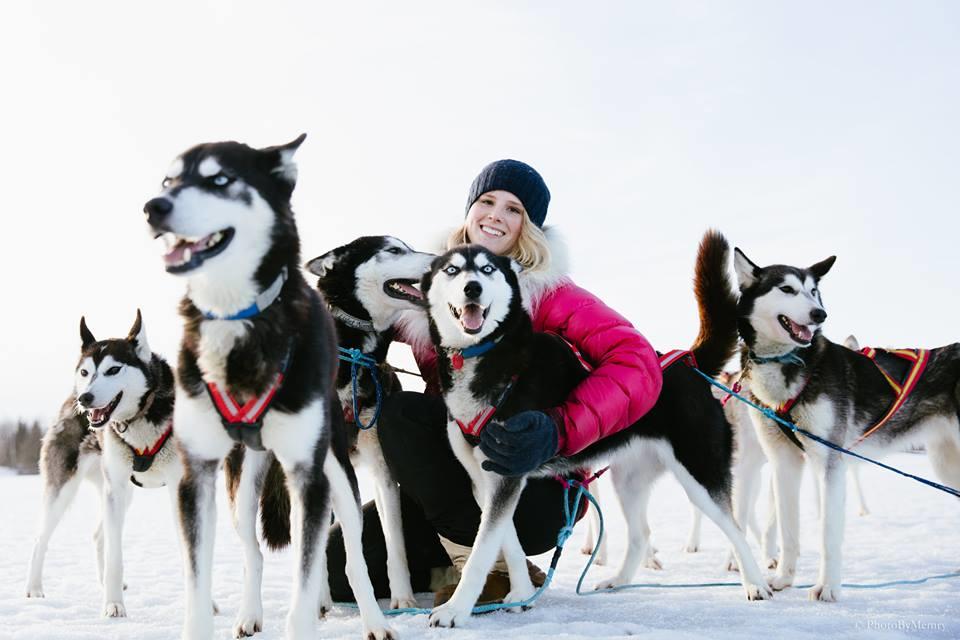
6. Next level champions
Basin, Hobo Jim, Pedro, Juanita, Tess, Arrow, Gin Gin and George Costanza…what do these names have in common? They are all champion lead dogs that guided their teams to Yukon Quest victory! Per tradition, each champion lead dog receives a golden harness and a meal of raw steak at the Finish & Awards Banquet.
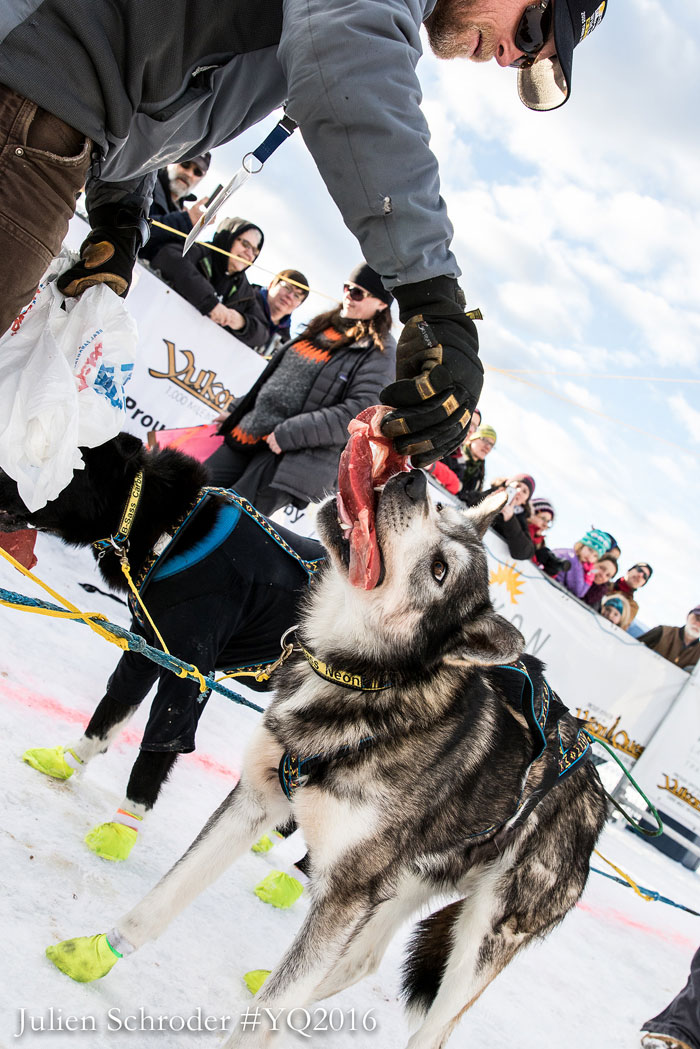
7. Strategy plays a huge part in this race
Strategy and routine are an important part of the race. Generally, mushers run their teams in a 50/50 run-rest schedule. Typical patterns are “four on, four off”, meaning a four-hour run followed by a four-hour rest for the dogs. Longer runs are becoming more common as sled dogs are bred for greater endurance and training techniques improve. Between being a coach, cook, motivational speaker, cheerleader and companion, mushers can only hope to grab a few winks of sleep during layovers. But they are careful to not oversleep or get too comfortable or another team just might pass on by!
There are four mandatory layovers during the race where mushers must stop for designated lengths of time. Run-rest schedules in between these stops are up to the mushers and dogs.
- For 2020, the mushers may choose to serve their first mandatory layover at either Mile 101 (114 miles from Fairbanks) or Central (142 miles from Fairbanks).
- The second mandatory layover is in Eagle (376 miles from Fairbanks).
- Layover #3 is 36-hours long at the halfway point in Dawson City, Yukon, and is much needed for physical and mental rejuvenation.
- Braeburn, Yukon, Canada is the last time the teams have to layover. Race Vets thoroughly go over each dog during these eight hours to assure the teams can finish the last 100 miles of the race.
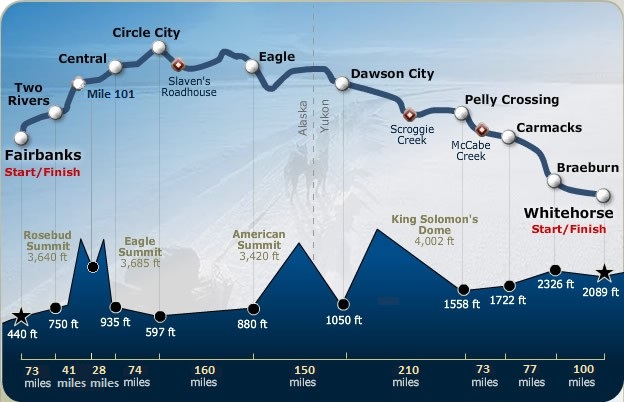
8. It's the only international sled dog race in the world!
What started as a conversation between mushers at a bar in Fairbanks, turned into one of the most globally followed and only sled dog race that spans two countries. In fact, mushers need to carry their passports and their dogs must all have proper health certificates to cross the US-Canadian border, stopping to clear customs halfway through the race.

9. It takes 1,000 people to go 1,000 miles
The Quest is driven by the support and dedication of volunteers and communities. Individuals and groups that help the race embody what the Spirit of the North is all about. They are stewards of the race that will ensure its legacy. When team after team pass through a village or a tiny community, the locals chop wood, bake treats, cook food or make crafts that the support crews and media groups purchase. At the local level, this helps fund field trips, purchase school supplies for local children and brings just a bit of economic stimulus for these remote regions.
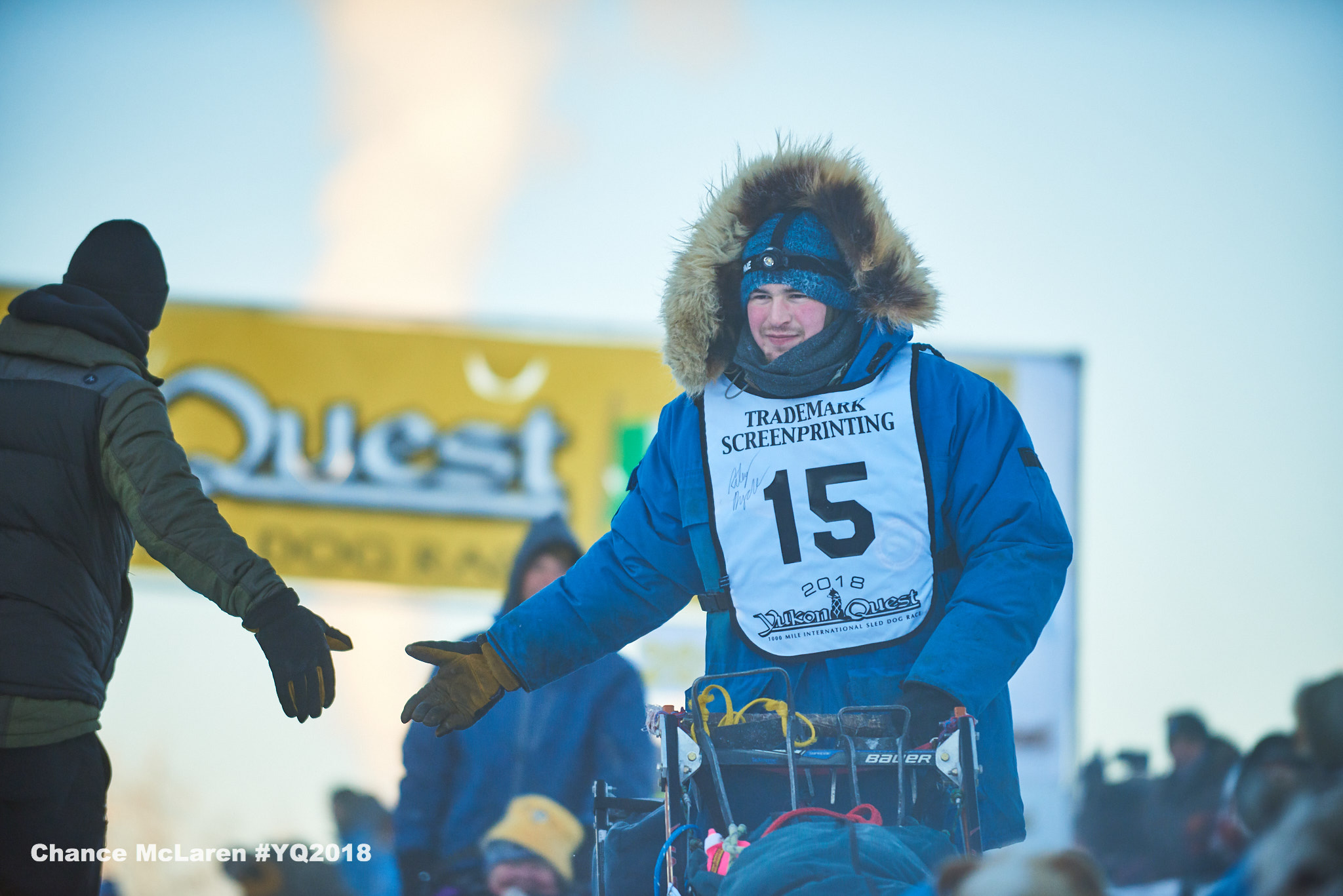
10. You can get involved!
When the race starts in Fairbanks, there are a few things you can do to get involved with the race.
- There is a Pre-race Meet the Mushers event that's family-friendly, fun, free and open to the public to give people the opportunity to meet the mushers.
- Go to the highly entertaining Start Draw and Banquet usually the Thursday before the race.
- Make a donation to the Yukon Quest to support this historic race.
- Come out to the race start and cheer on the teams!
- Follow the Yukon Quest on their website and Facebook.
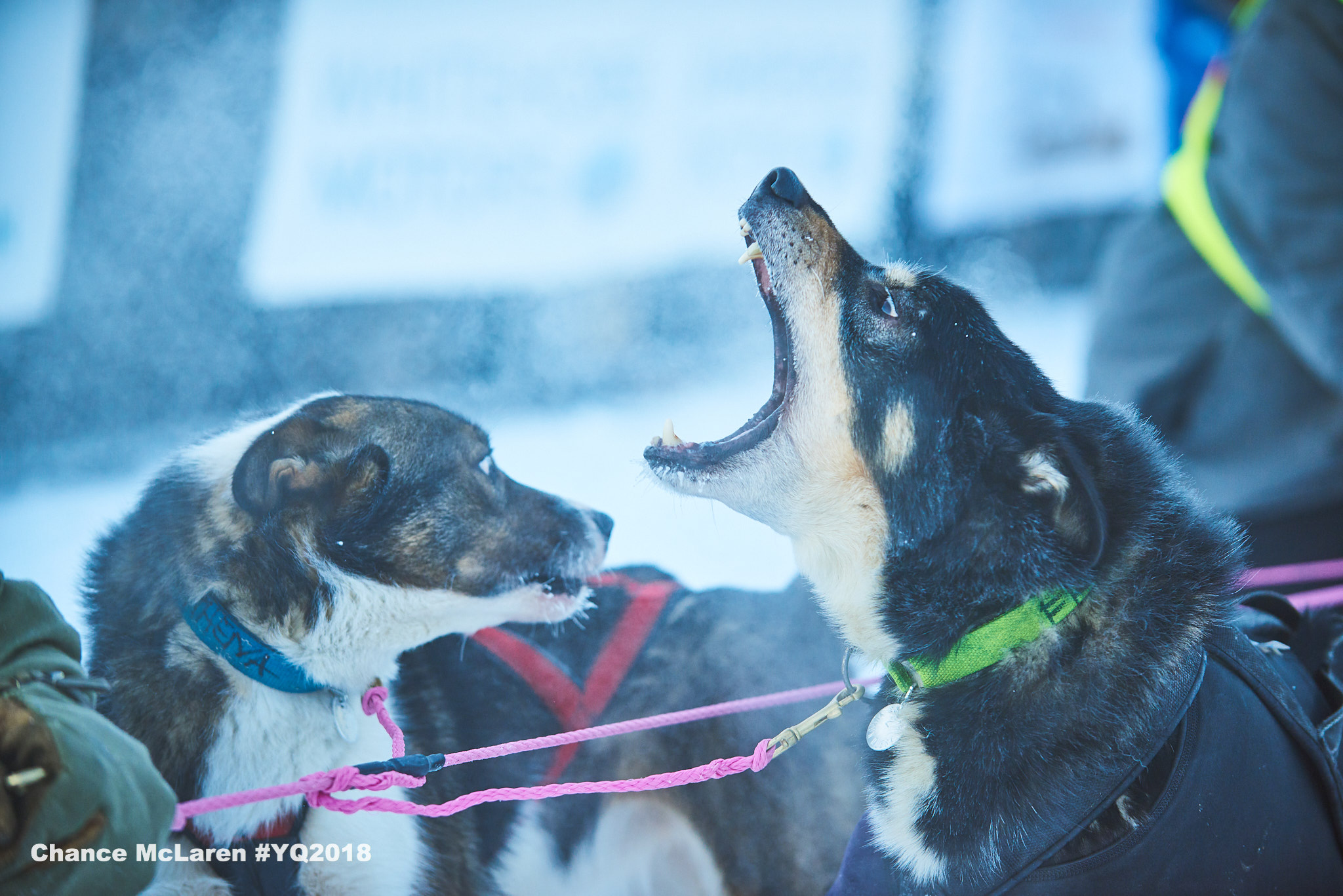
See you out there this weekend! We'd like to give a big thank you to the Yukon Quest Fairbanks team. For more information, we recommend these links:
- Follow Yukon Quest on Facebook, Flickr and Twitter for updates during the race
- All about the Modern Sled Dog - great information about the care and excellence of these athletes.








